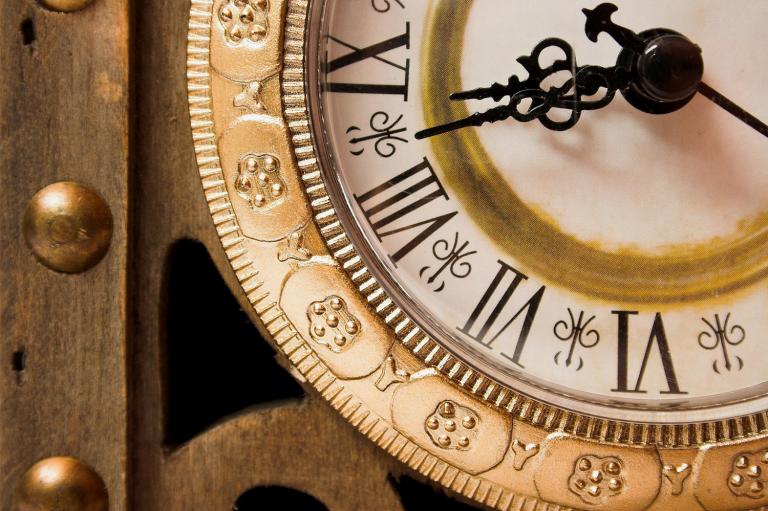Most of us spend a lot of time thinking about about how to accomplish everything on our to-do lists. For optimal results, it turns out we should be spending at least as much time considering when we’re going to do things.
Author Daniel Pink scrutinized scientific, psychological, educational, and economic studies to determine if the timing of events matters. It turns out it does... a lot. His findings are captured in When: The Scientific Secrets of Perfect Timing ($28, Riverhead Books, 2018). Some of his book’s main ideas are outlined below, along with tips to help you better navigate your day.
What’s Your Chronotype?
Pink believes there are three major chronotypes that describe how people experience their days:
-
The Larks
Larks love waking up before everyone else. They experience their emotional highs and lows a few hours ahead of most people’s schedule.
-
The Owls
Owls hate getting up early. Their appetite for work kicks in around 9 p.m., when they start doing their best thinking.
-
The Rest of Us
The rest of us move through the days in three distinct stages: peak, trough, and recovery.
Morning Peak
Most people’s focus is freshest in the morning, so this is the time to schedule demanding analytical work. Avoid doing routine emails or any work that fritters away your best energy of the day.
Healthcare May Be Best in The Morning
If you need to set a healthcare appointment, mornings may be best. Research shows that healthcare performance declines in the afternoon. Hospital handwashing drops dramatically. Anesthesia errors are three times more likely to occur. Fewer polyps are found during afternoon colonoscopies as compared with morning procedures. (That’s not to say there aren’t exceptions to the rule. One large study showed better outcomes for aortic valve replacement surgery scheduled in the afternoons.)
Academic Performance Can Peak in Morning
The morning is also best for exam taking—the earlier students take tests, the better they do. Time of day even “explains about 20 percent of the variance in our performance on workplace tasks,” says Pink.
Afternoon Trough
Between 2 p.m. and 4 p.m., the average person’s mood and stamina start to decline. This is when to tackle routine administrative tasks, like filling out expense reports and answering emails.
Benefits of Taking Afternoon Naps
Afternoons are also an ideal time to nap. For best results, drink coffee right before you nap, Pink advises. Because it takes about 25 minutes for caffeine to kick in, that pre-nap java will do the work of waking you up! If you can’t nap, Pink advises a 10-minute lunch-break walk. People who take regular breaks throughout the day seem to be the strongest performers, according to Pink.
Taking The Ideal Break
One DeskTime study that used millions of data points found that the ideal break—as determined by resulting quality of work—is 17 minutes for every 52 minutes of work. If that is a no-go for you, just getting up from your desk for five minutes every hour to walk around, get some fresh air, or drink water can significantly improve productivity.
Energy Recovery
Most people’s energy starts picking up again during the late afternoon and early evening. This tends to be a good time for creative activities.

